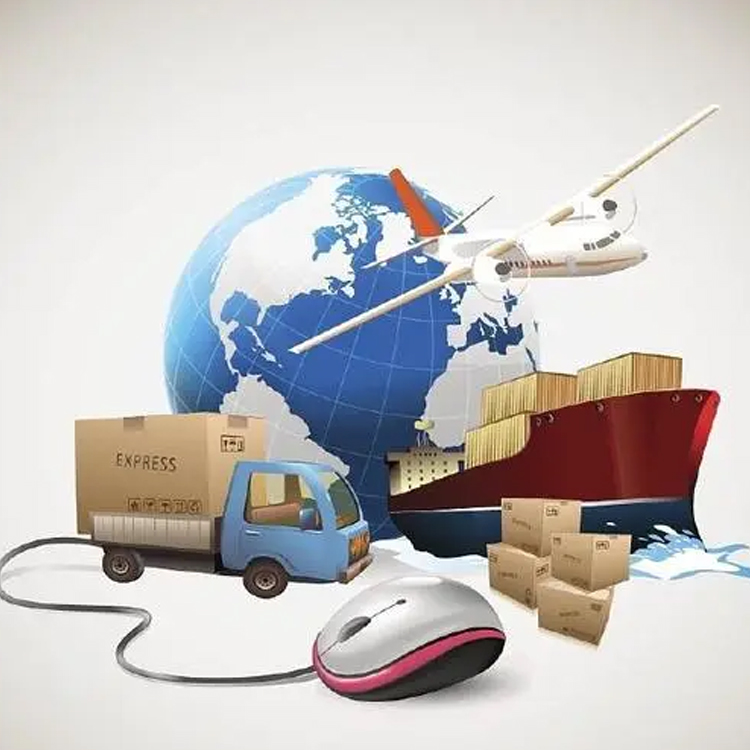What are the strategies to save international foam transportation costs
International foam goods, also known as bulk goods or light cargo, refer to goods that are large in volume but relatively light in weight. Due to the fact that transportation costs are often linked to the volume of goods rather than their actual weight, the transportation cost for dumping goods may be higher. Here are some strategies to save on international foam shipping costs:

1. Optimize packaging: Use more compact or flat packaging methods to reduce the volume of goods, thereby lowering transportation costs.
2. Reasonable loading: Optimize the placement of goods in containers, make full use of space, and reduce unnecessary gaps.
3. Choose an economical transportation method: Based on the urgency and budget of the goods, choose the most suitable transportation method, such as LCL or FCL sea freight, rather than air freight.
4. Cargo consolidation: If possible, consolidate multiple small packages or small volume goods into one large container to reduce transportation costs per unit volume.
5. Choose the appropriate container type: Select the most suitable container based on the size of the goods to avoid space waste caused by using oversized containers.
6. Negotiate with logistics companies: Negotiate with logistics service providers to obtain more favorable transportation prices or long-term cooperation agreements.
7. Reduce transit: Choose direct routes or reduce the number of cargo transfers to reduce additional costs that may arise during the transit process.
8. Reasonably plan transportation time: Avoid peak transportation periods and plan the transportation time of goods in advance to obtain more favorable transportation prices.
9. Use lightweight materials: Use lightweight packaging materials without compromising the safety of the goods.
10. Consider destination: Choose a destination port with lower transportation costs, as sometimes different ports may have significant differences in transportation costs.
11. Utilize trade terms: Clearly state the party responsible for transportation costs in the trade contract and use international trade terms (Incoterms) to optimize transportation costs.
12. Tracking and evaluation: Regularly track transportation costs, evaluate the cost-effectiveness of different transportation options, and adjust transportation strategies in a timely manner.
13. Understand local policies: Familiarize yourself with the import policies and tax regulations of the destination country to avoid incurring additional costs due to lack of understanding of regulations.
14. Use professional software: Utilize professional logistics management software to optimize transportation plans and cost control.
